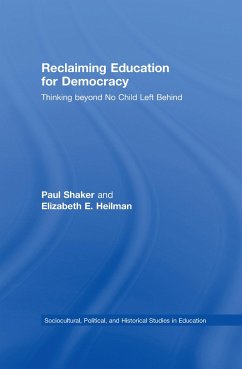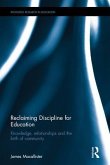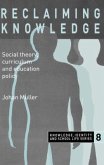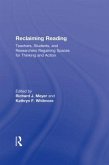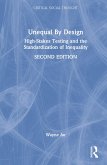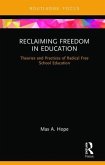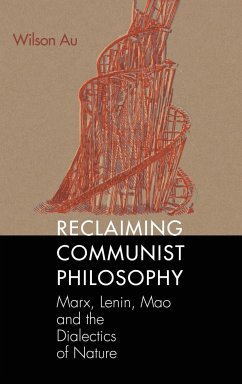Reclaiming Education for Democracy subjects the prophets and doctrines of educational neoliberalism to scrutiny in order to provide a rationale and vision for public education beyond the limits of No Child Left Behind. The authors combine a history of recent education policy with an in- depth analysis of the origins of such policy and its impact on professional educators. The public face of these policies is separated from motives rooted in politics, profit, and ideology. The book also searches for new insights in understanding the neoliberal and managerialist assault on education by examining the psychology of advocates who demonstrate a special animus toward universal public education. The manipulation of public education by No Child Left Behind is a case study in the general approach to public institutions taken by the politicians and theorists in these camps. K-12 education has been subjected to deceptive descriptive analyses, marginalization of its professional leadership, manipulation of its goals, the imposition of illegitimate quality markers, a grab on its resources by corporate profiteers, and a demoralization of its rank and file. This book helps us think beyond this new commonsense of education. Recipient: 2009 AERA Division K Award for Exemplary Research in Teaching and Teacher Education
Hinweis: Dieser Artikel kann nur an eine deutsche Lieferadresse ausgeliefert werden.
Hinweis: Dieser Artikel kann nur an eine deutsche Lieferadresse ausgeliefert werden.

